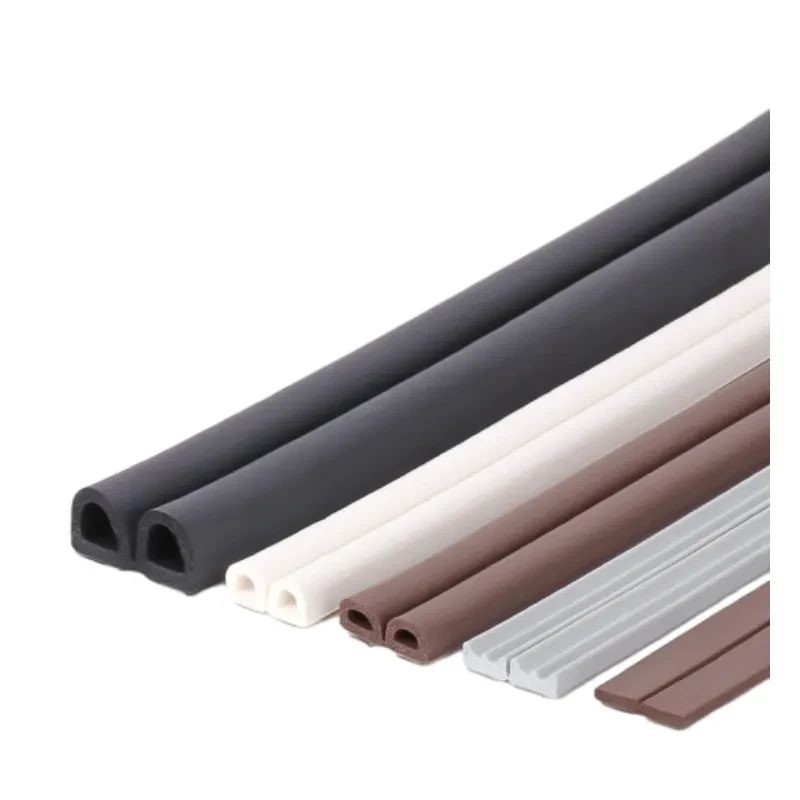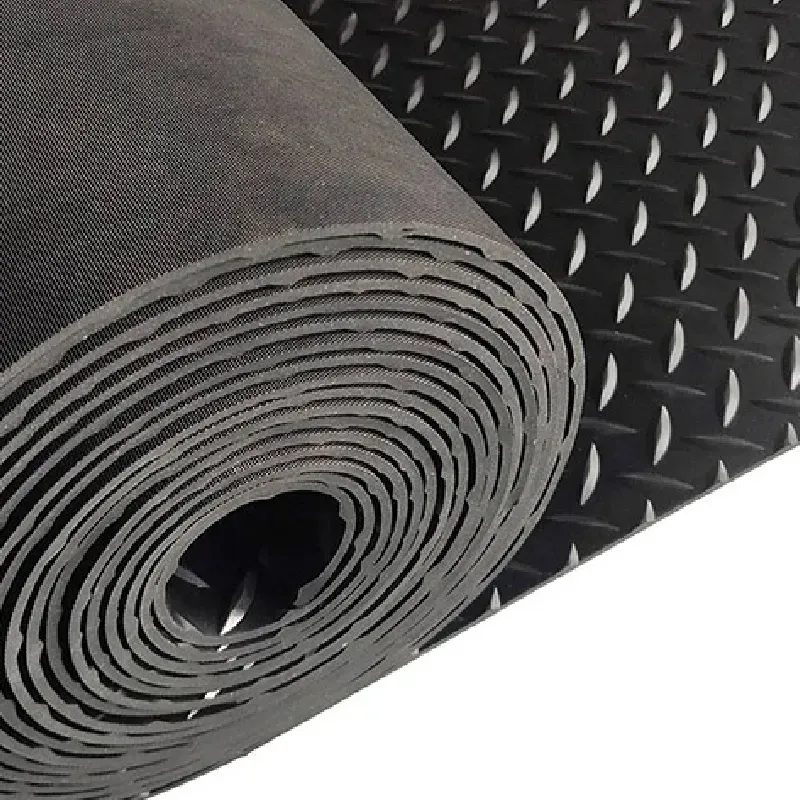Silicone Window Seal Tape – Durable, Flexible & Easy to Install for Doors and Windows
- Introduction: Overview of silicone window seal tape
in modern applications - Material Technology: Technical advantages of silicone-based seal strips
- Manufacturer Benchmarking: Comparing major producers and their main products
- Customization Solutions: Tailoring silicone seal tape for unique requirements
- Application Cases: Real-world implementations and use case scenarios
- Performance Insights: Data-driven analysis of sealing effectiveness
- Conclusion: Why silicone window seal tape remains the top sealing solution

(silicone window seal tape)
Introduction: The Evolution of Silicone Window Seal Tape for Modern Sealing Needs
The demands on efficient building envelope performance have never been higher, pushing the boundaries of materials science and product engineering. Silicone window seal tape has emerged as a critical element in delivering superior air, thermal, and sound insulation for residential and commercial environments. Enabled by rapid innovations in polymer chemistry, silicone window and door seal tapes now offer advanced functional properties surpassing traditional rubber and foam alternatives. Market data from 2023 reveals that over 60 million meters of silicone window seal strips were produced and installed globally, illustrating their widespread adoption in response to stricter energy-efficiency regulations. This evolution underscores the importance of choosing the right sealant solution for energy conservation, comfort, and structural integrity.
Technical Superiority: Why Silicone Door Window Seals Lead in Performance
Silicone as a base material offers a competitive blend of elasticity, temperature tolerance, UV and ozone resistance, and long-term durability. Unlike EPDM or TPE gaskets, silicone window seal strips retain flexibility and sealing integrity in temperature ranges from -60° to 230°C. The moisture absorption rate remains below 0.2%, crucial for preventing water ingress and mold formation. The tensile strength typically surpasses 7.0 MPa, enabling the tape to maintain tight seals even under mechanical stress or structural movement. Additionally, advanced manufacturing processes—such as co-extrusion with reinforced cores, pressure-sensitive adhesives, and self-healing profiles—further enhance installation ease and performance. Testing standards including ASTM E2112 and EN 12365 confirm that premium silicone seals deliver air leakage values of less than 0.2 L/s·m² at 100 Pa, setting industry benchmarks for window and door weatherstripping.
Benchmarking Manufacturers: A Comparative Analysis
The global market features several leading suppliers specializing in high-performance silicone window seal tape. Comparing manufacturers reveals key quality, pricing, and service differentiators, as presented in the table below:
| Manufacturer | Country | Product Line | Operating Temp. Range (°C) | Durability Warranty | Average Cost (USD/m) |
|---|---|---|---|---|---|
| Saint-Gobain | France | SG-Seal Ultra Series | -55 to 220 | 10 Years | 2.25 |
| Dow Corning | USA | Silastic® WeatherSeal | -60 to 230 | 15 Years | 2.65 |
| Shin-Etsu | Japan | Silicone ProGuard | -55 to 200 | 12 Years | 2.10 |
| 3M | USA | Scotch Weatherstrip 2181 | -50 to 210 | 7 Years | 1.70 |
| Techsil | UK | TS-Silicone Tape Elite | -60 to 220 | 8 Years | 1.95 |
This comparison highlights not just differences in cost, but also significant variations in product lifespan, climate adaptability, and warranty—key factors guiding procurement for commercial and institutional projects.
Customization Solutions: Tailoring Silicone Window Seal Strips for Unique Applications
Not every window or door system presents the same sealing requirements. The ability to customize silicone window seal strips transforms these products from off-the-shelf commodities into engineering solutions. The customization process can address dimensions up to 100 mm width and thickness as fine as 0.5 mm, with shaped profiles—E, P, D, and specially designed geometries—to fit sliding sashes, curved frames, or acoustic panels. Adhesive backing options include permanent and removable grades, while color matching extends beyond standard white and grey to RAL and Pantone palette compliance. Specialized fire-retardant or anti-microbial formulations support installation in hospitals, laboratories, and fire-rated assemblies. By collaborating with OEMs and façade contractors, manufacturers can optimize compression ratios, durometer (Shore A 20–70), and co-extrusion layers to achieve target application performance. The advent of rapid prototyping, using digital extrusion and 3D-printed mold inserts, shortens lead time from weeks to less than five days, shrinking project schedules in the construction and retrofit sectors.
Field Applications: Real-World Use Cases and Achievements
The practical impacts of using premium silicone window and door seal elements are best demonstrated by project case studies. One high-rise retrofit in Chicago used over 18,000 meters of custom silicone sealing tape to reduce building air leakage by 42%, yielding a 19% reduction in annual HVAC energy costs. In Scandinavia, municipal housing projects implementing silicone window seal strips achieved indoor sound attenuation increases of up to 9 dB compared to pre-installation levels. Critical environments such as pharmaceutical clean rooms benefit from the near-zero offgassing of cured silicone, ensuring compliance with ISO 14644 Class 5 air cleanliness. The automotive sector increasingly specifies silicone weatherseal tapes for electric vehicle cabins, where temperature variation and flexibility are critical, resulting in a decline in customer complaints relating to water ingress and wind noise by over 78% after conversion to silicone-based strips.
Performance Benchmarks: Quantitative Insights into Sealing Efficiency
Reliable performance is validated through data-driven approaches. A comparative cross-section from independent laboratory testing, shown below, illustrates silicone window seal tape outperforming other common materials:
| Parameter | Silicone Tape | EPDM Strip | TPE Strip | PU Foam |
|---|---|---|---|---|
| Air Permeability (L/s·m² at 100 Pa) | 0.19 | 0.28 | 0.30 | 0.44 |
| Water Tightness (kPa) | 6.8 | 4.5 | 4.0 | 2.7 |
| UV Resistance (QUV hours without degradation) | 10400 | 3200 | 2700 | 800 |
| Expected Service Life (Years) | 18+ | 10 | 6 | 3 |
These figures reinforce the priority placed on silicone products in energy-retrofit and high-performance construction settings. Real-world monitoring corroborates that silicone tape can maintain effective sealing for over 18 years with negligible loss in physical properties, as opposed to foams and synthetic rubbers that degrade more rapidly.
Conclusion: Silicone Window Seal Tape as the Industry Standard of Weather Protection
The journey from basic rubber draft excluders to precision-engineered silicone window seal tape has redefined what architects, engineers, and property managers expect from a sealing solution. With deep-seated technical strengths, proven longevity, and broad adaptability, silicone-based weatherstrips represent the optimal choice for building envelopes seeking top-tier energy efficiency, comfort, and resilience. Comparative studies and field deployments consistently highlight lower air leakage, higher durability, and customizable features as key reasons behind the dominance of silicone products in all climactic conditions. Looking forward, continued enhancement in biocompatible formulations and smart-sealing capabilities will only reinforce the central role of silicone tape as the gold standard for sealing windows and doors worldwide.

(silicone window seal tape)
FAQS on silicone window seal tape
Q: What is silicone window seal tape used for?
A: Silicone window seal tape is primarily used to seal gaps around windows and doors to prevent air, water, and dust infiltration. It enhances insulation, reduces drafts, and improves energy efficiency. It's also easy to install and weather-resistant.Q: How do I apply silicone door window seal tape?
A: First, clean and dry the surface thoroughly. Then, peel off the backing and press the silicone tape firmly along the gap or edge that needs sealing. Trim any excess for a neat finish.Q: Is silicone window seal strip suitable for all seasons?
A: Yes, silicone window seal strips are designed to withstand extreme temperatures and weather conditions. They remain flexible in both hot and cold environments. This makes them ideal for year-round use.Q: Can silicone window seal tape be removed without damaging surfaces?
A: Most silicone window seal tapes use a non-damaging adhesive that can be peeled off cleanly. Carefully lift and pull the strip to avoid leaving residue. If needed, clean any remaining adhesive with mild detergent.Q: What are the benefits of using silicone window seal tape over other materials?
A: Silicone window seal tape offers superior flexibility, weather resistance, and durability compared to foam or rubber alternatives. It lasts longer and maintains its sealing properties over time. Additionally, it's non-toxic and safe for home use.-
Upgrade Your Seals with Premium Weather StrippingNewsJun.12,2025
-
Stop Drafts and Noise with the Best Door Bottom SealNewsJun.12,2025
-
Seal the Deal with the Best Door Weather Stripping!NewsJun.12,2025
-
Seal Out Drafts and Noise with Premium Silicone StripsNewsJun.12,2025
-
Perfect Edges Made Simple with Premium Edge BandingNewsJun.12,2025
-
Keep the Heat In with Premium Oven Door SealsNewsJun.12,2025
-
Stay Safe with Premium Anti-Slip Bath MatsNewsJun.04,2025